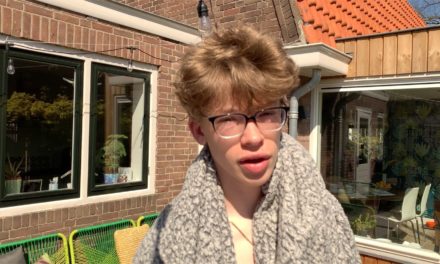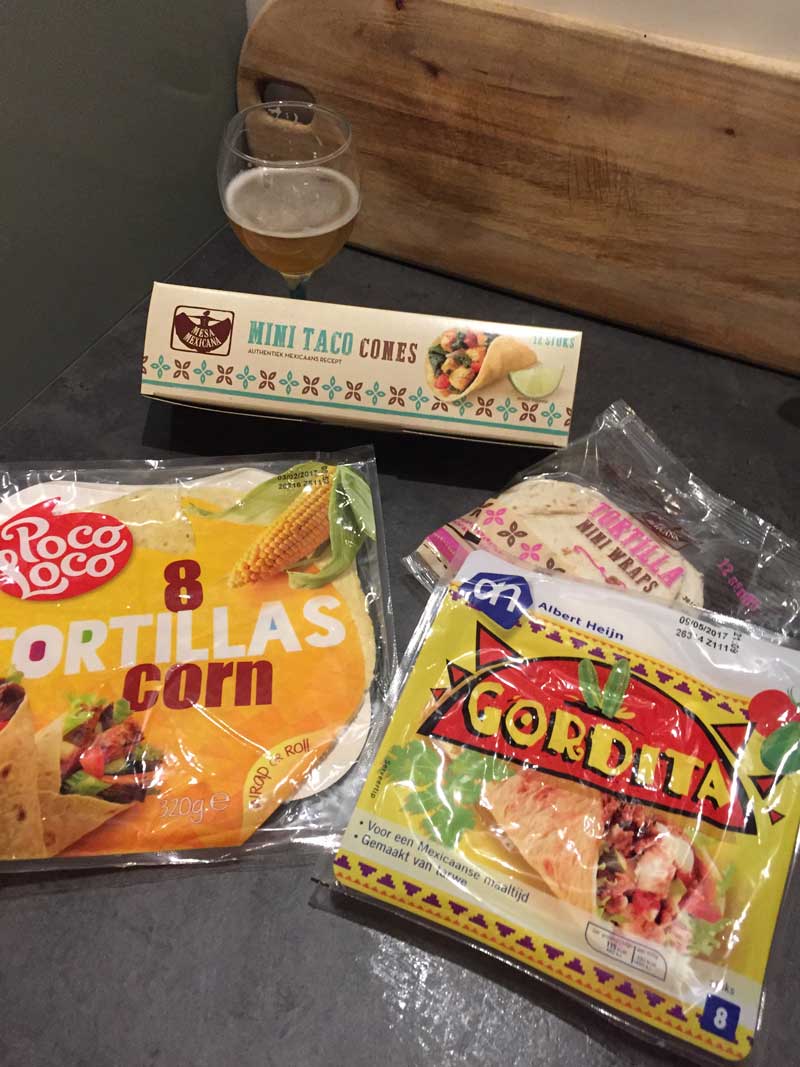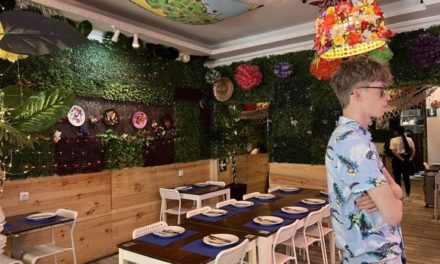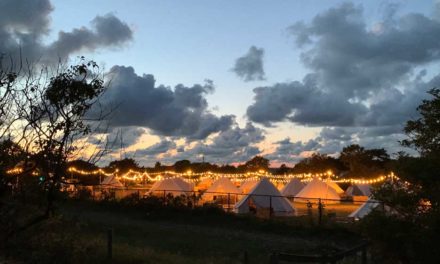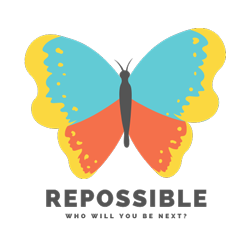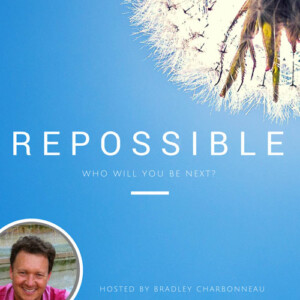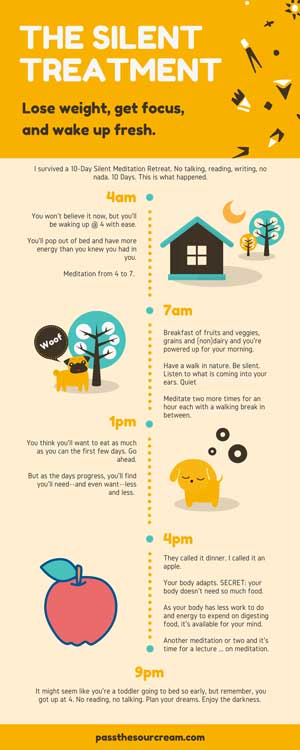
Forget Foreign Language Camp. Choose Camp in a Foreign Language.
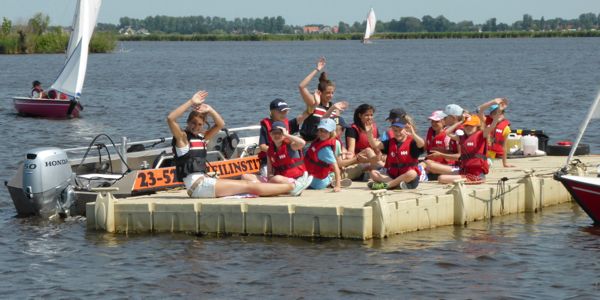
- Let Your Child Be Proud of Their Language Skill
- Klokhuis
- De Groeten van Mike
- Forget Foreign Language Camp. Choose Camp in a Foreign Language.
- Raising Kids Bilingual is a 24/7/365 Task
Foreign language camp is about language. Camp is about fun, learning, and language.
![Learning how to sail, make friends, and eat tomato soup. [Heeg, Holland]](https://passthesourcream.com/wp-content/uploads/2013/07/ptsc-176-zeil-camp.jpg)
Learning how to sail, make friends, and eat tomato soup. [Heeg, Holland]
Your child will need to be at a certain level of conversation to make it worthwhile.
You can gauge your child’s language ability level and judge whether or not it’s going to be a nightmare–or a dream. If they can’t get by in daily conversation, then they’re probably not ready for a camp in a foreign language just yet. But if they are, or even somewhere near ready, I believe that it can be a springboard to even faster learning than a more formal language camp.
Focus on the reason they’re learning the language. If it’s to get a good grade, that’s one thing. If it’s so they can talk with their new friends, that’s another.
My son is currently at a week-long sleepover sailing camp. It’s only in Dutch and there are only Dutch kids. In Holland, sailing camp is as common as, say, soccer or baseball camp is in the U.S. Pretty much everyone does it at least once. But for our born-in-the-USA boys, it’s all new. There are all new friends (they do know two Dutch boys from California who we organized this with), new vocabulary, and new … everything.
This is his second year. Last year he did it and was one of the younger kids. He said he liked it, but wasn’t jumping for joy. I have to admit here, I was so proud of him that he did it. No middle-of-the-night calls to come get him, no complaining, no whining. I think he was proud of it too. No, I know he was.
The counselors and older kids taught them all songs that my son learned by heart with gusto. Not all of them exactly rated G, but I was so proud that he was part of the group, that he learned songs, that he participated and enjoyed it.
What about language learning?
Oh, by the way, language? Maybe it’s clear by now, but it’s almost an after effect. It just happens. Do they spend hours on grammar? No. Verb construction? Not at a table. But he’s on a little sailboat and has to tell his sailing partner to turn the rudder or watch out for the swinging mast, his language is going to get real good and real fast. He needs it, he’s using it as a tool.
The language isn’t the goal, it becomes a tool to achieve something else. It’s a means to an end.
I think this the most important part. The language becomes secondary. It’s not the goal, it’s not the reason they’re there. In fact, for the locals, it’s not even a topic, it’s as normal as breathing air each day. When the second language becomes just a way to get through the day, make new friends and figure out what’s for dinner, then you’re learning language, but you’re doing it naturally. If you’re doing it naturally, then you’re learning more deeply.
![Any camp in a foreign language is "language" camp. [Heeg, The Netherlands]](https://passthesourcream.com/wp-content/uploads/2013/07/ptsc-175-de-bird.jpg)
Any camp in a foreign language is “language” camp. [Heeg, The Netherlands]






